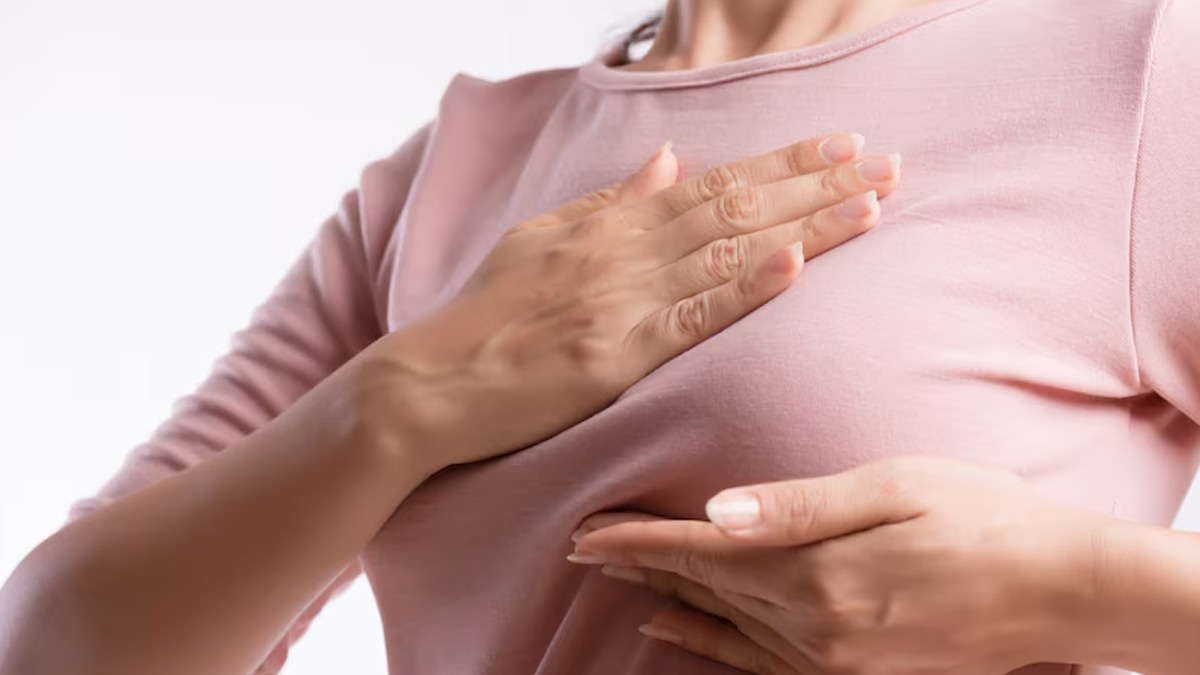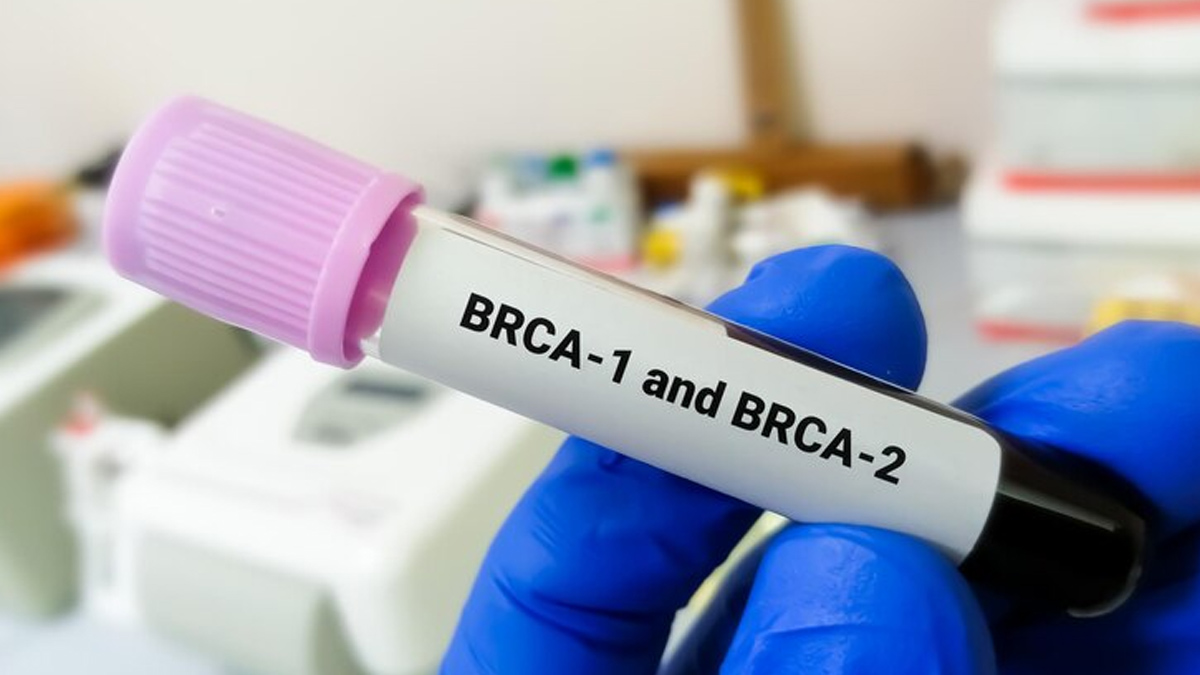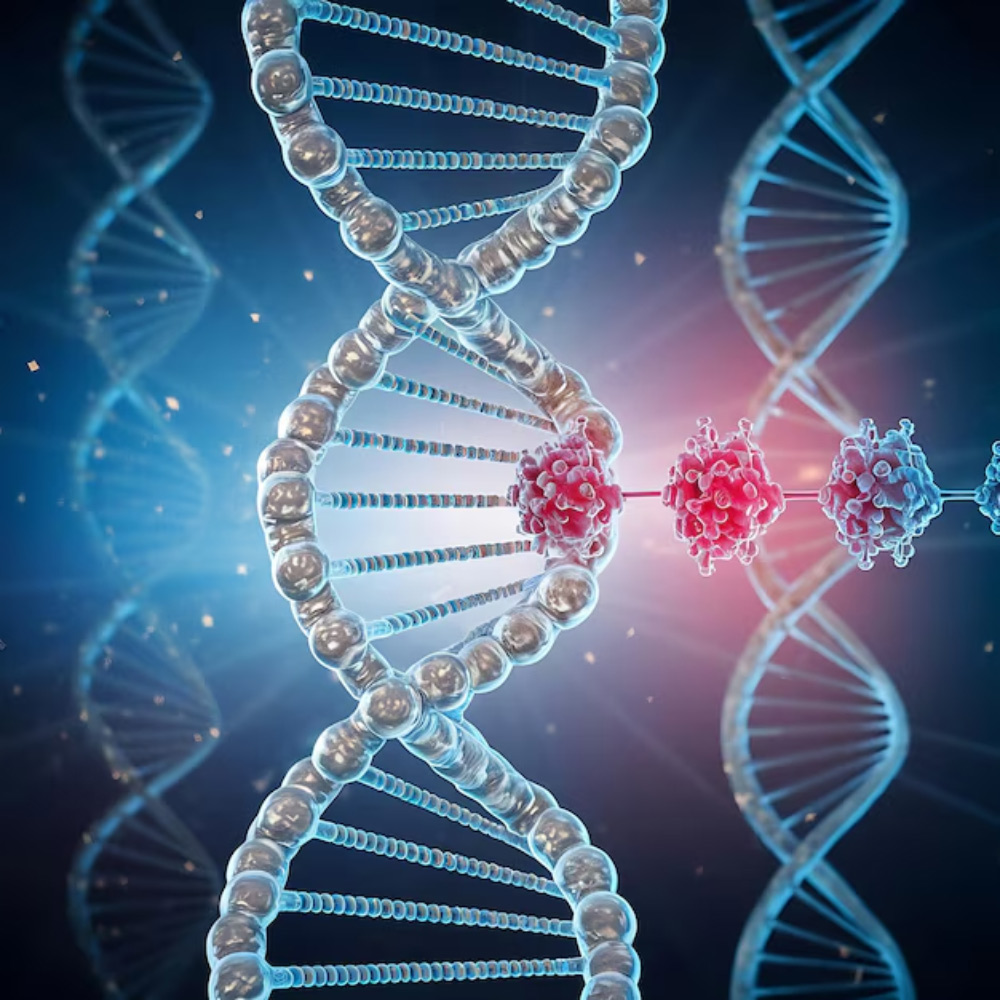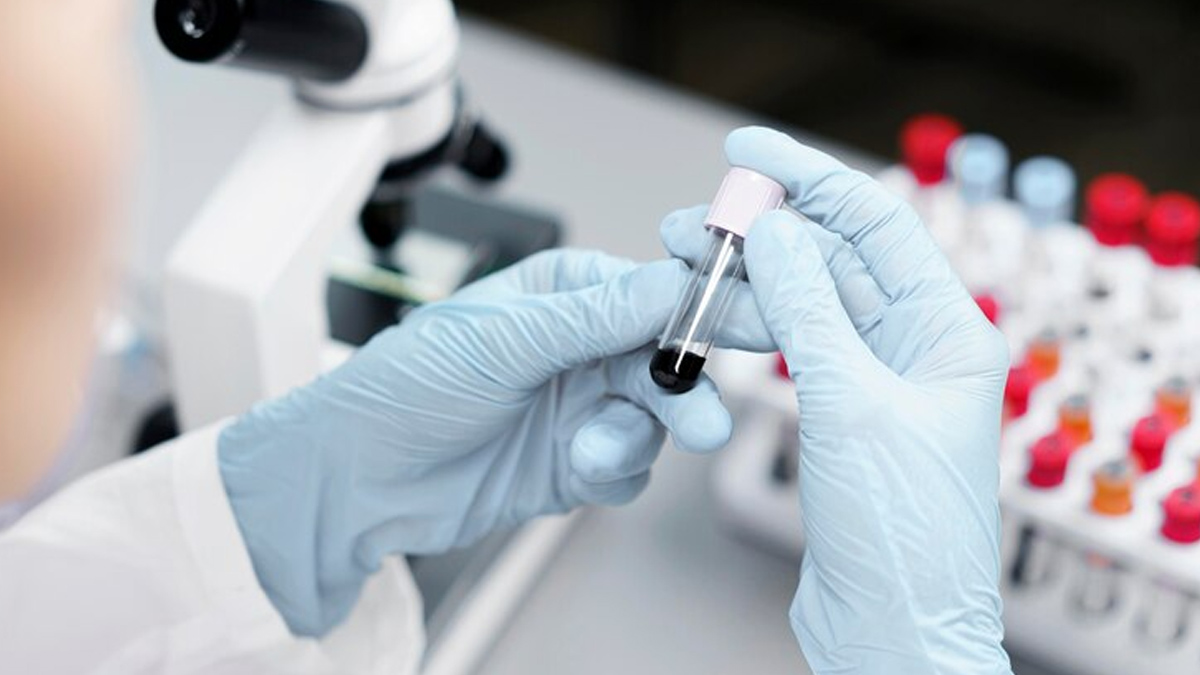
If your mother had breast cancer, it’s natural to wonder about your own risk. Breast cancer is one of the most common types of cancer, and family history can play a significant role in determining your likelihood of developing the disease. While inheriting certain genes may increase your risk, it doesn’t guarantee you will develop breast cancer. Understanding the genetic and environmental factors at play can help you take proactive steps toward prevention and early detection. Let's explore how your family history, particularly your mother's diagnosis, could impact your breast cancer risk.
Table of Content:-
To understand this, OnlyMyHealth team interacted with Dr Apurrva Sawant, Founder of Careport Pvt Ltd,Preventive Healthcare Expert, Mumbai.
Dr Apurrva Sawant explains, "The risk of getting breast cancer is influenced by a number of factors, including genetic, lifestyle, and environmental factors, with family history being a major concern. If one’s mother had breast cancer, then one might wonder about their own risk. Understanding the genetic components is important for making informed decisions about prevention and screening."
Genetic Mutations: BRCA1 and BRCA2

Genetic mutations are one of the most significant predictors of breast cancer risk. The BRCA1 and BRCA2 genes play a crucial role in repairing damaged DNA. However, when these genes are mutated, they can significantly increase the likelihood of developing breast cancer. According to studies, women with BRCA1 or BRCA2 mutations have a 65-85% chance of developing breast cancer, while the general population has a 13% risk.
“If one’s mother carries one of these mutations, there’s a 50% possibility of inheriting it," says Dr Sawant. "However, it’s important to note that BRCA mutations account for only about 5-10% of breast cancer cases."
A study found that women with BRCA mutations not only face a higher risk of breast cancer but also have an elevated risk of ovarian cancer.
Also read: Can Switching To Green Diet Help In Lowering Risk Of Breast Cancer In Your 30s
Other Genetic and Family Factors

While BRCA1 and BRCA2 mutations are well-known, they are not the only genetic factors at play. Other genes, such as PALB2, TP53, and CHEK2, also contribute to breast cancer risk, though to a lesser extent. Even without a specific BRCA mutation, having a first-degree relative with breast cancer—such as a mother—can double your risk. Dr Sawant adds, “If multiple family members have been affected, or if the cancer occurred at a young age, the likelihood increases further.”
A study published in The New England Journal of Medicine highlighted that women with a family history of breast cancer, even without BRCA mutations, face a 2-3 times higher risk of developing the disease.
Non-Genetic Risk Factors
Genetics are only part of the equation. Non-genetic factors, such as age, hormonal influences, and lifestyle choices, also play a significant role in breast cancer risk. While it’s impossible to control your genetic makeup, adopting a healthy lifestyle can mitigate other risk factors. A balanced diet, regular exercise, and avoiding smoking and excessive alcohol consumption can help reduce your overall risk.
Dr Sawant emphasises the importance of a holistic approach: "Genetics is just one part of the equation. Several other factors like age, hormonal factors, and lifestyle choices also have a major impact on breast cancer. While one can’t control their genetics, maintaining a healthy lifestyle can help reduce the overall risk."
Also read: What Is BRCA Gene Mutation? When And Who Should Get Tested For It?
Genetic Testing and Screening

If your mother had breast cancer, especially if she was diagnosed at a young age or had a known genetic mutation, it might be wise to consider genetic counselling. This can help assess your risk and guide personalised screening plans. Genetic testing can identify mutations like BRCA1 or BRCA2, and early detection through mammograms or clinical exams can improve the chances of successful treatment.
Proactive steps, such as earlier or more frequent screenings, may also be advised based on your genetic makeup. Dr Sawant recommends, "If there is a strong family history, consider consulting a genetic counsellor, stay on top of screenings, and adopt a healthy lifestyle."
Conclusion
If your mother had breast cancer, it increases your risk of developing the disease, but understanding your genetic predisposition and taking proactive steps can significantly reduce that risk. Genetic mutations like BRCA1 and BRCA2 are key factors, but non-genetic aspects like lifestyle choices also play a vital role. “While family history increases the risk of developing breast cancer, understanding your genetics and making proactive health decisions helps manage that risk effectively,” concludes Dr Sawant.
Also watch this video
Read Next
The Office Star Jenna Fischer Reveals Triple Positive Breast Cancer Diagnosis; Know All About It
How we keep this article up to date:
We work with experts and keep a close eye on the latest in health and wellness. Whenever there is a new research or helpful information, we update our articles with accurate and useful advice.
Current Version
